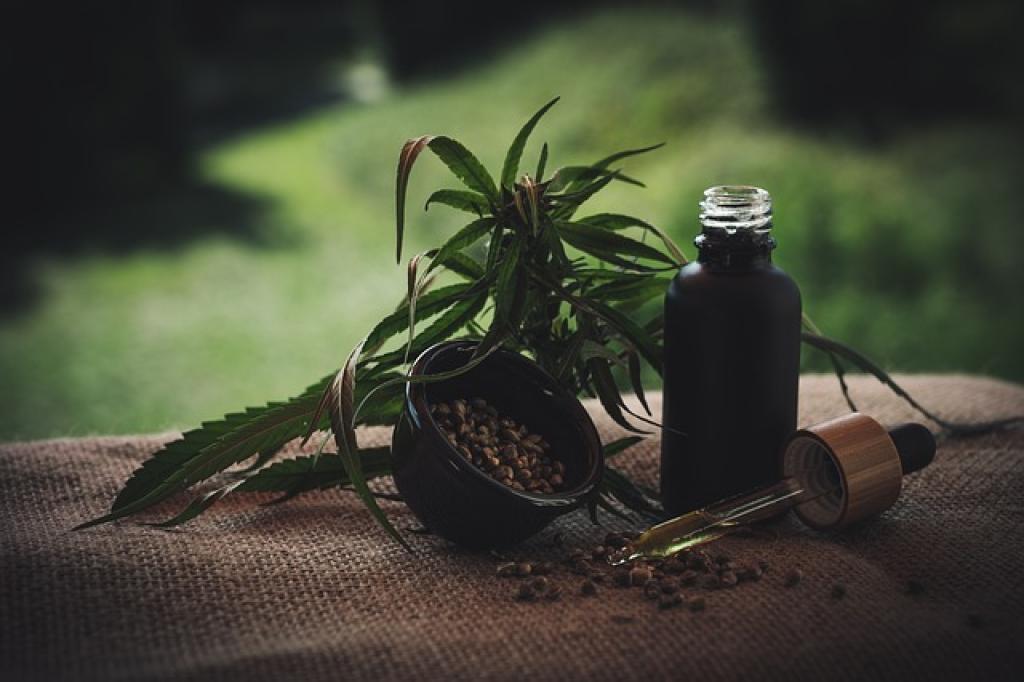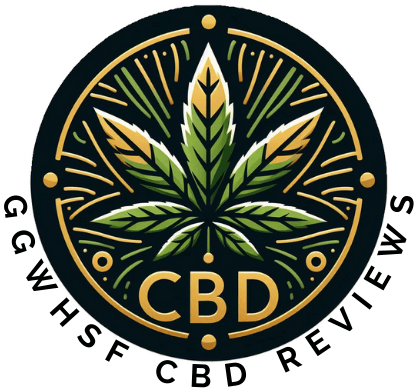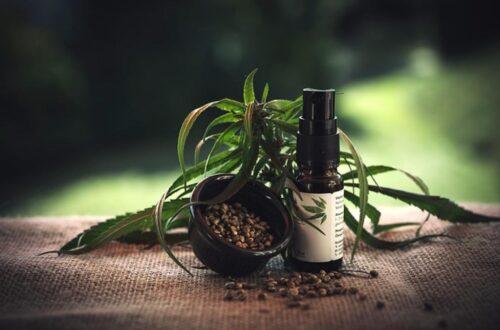Feeling anxious? You’re not alone. Millions of people grapple with anxiety daily, and finding the right solution can feel like a quest.
On one side, we have traditional anti-anxiety medications, often prescribed by doctors and backed by years of research. They’ve been the go-to for combating anxiety symptoms effectively.
On the other side, there’s CBD – a natural compound from the cannabis plant that’s been gaining popularity. It’s touted for its calming effects and is often seen as a more “natural” solution.
Both have their champions and critics. So, which is better? And what are the pros and cons of each?
Let’s dive in and compare these two options to help you decide which might be right for you.
CBD: What is It and How Does It Work for Anxiety?
CBD, short for cannabidiol, is a compound found in cannabis plants. Unlike THC, another compound in cannabis, CBD doesn’t get you “high.” Instead, it’s known for promoting a sense of calm and well-being.
So, how does it work for anxiety? CBD interacts with our body’s endocannabinoid system (ECS), a network of receptors that play a role in regulating mood, sleep, and stress responses. By influencing these receptors, CBD may help balance the ECS and reduce anxiety.
Many people report feeling more relaxed and less anxious after taking CBD. It’s available in various forms like oils, gummies, and capsules, making it accessible and easy to incorporate into daily routines.
However, it’s essential to note that while research on CBD is promising, it’s still in its early stages. More studies are needed to fully understand how effective it is for treating anxiety.
Comparison: Effectiveness and Side Effects of CBD and Traditional Meds
When it comes to managing anxiety, both CBD and traditional medications have their pros and cons. Let’s start with effectiveness.
Traditional medications, such as SSRIs and benzodiazepines, are often prescribed because they have a substantial amount of research backing their effectiveness. They can be powerful tools for those with severe anxiety and are known to bring relief fairly quickly.
On the other hand, CBD is gaining popularity for its natural approach. Many users swear by its calming effects and prefer it because it doesn’t cause the “high” associated with THC. While current research supports its potential benefits, it’s worth noting that more extensive studies are still needed to fully confirm its efficacy.
Now, let’s talk side effects. Traditional medications can sometimes come with a list of unwanted effects, such as drowsiness, dizziness, or even dependency, particularly with benzodiazepines. These side effects can be bothersome and might require additional medications to manage.
CBD, in contrast, is generally well-tolerated. Some users might experience mild side effects like dry mouth or slight drowsiness, but these are usually minimal. However, it’s always a good idea to consult with a healthcare provider, especially if you’re already taking other medications, to avoid any potential interactions.
Ultimately, the choice between CBD and traditional meds is personal and depends on individual needs, preferences, and medical advice. Always take the time to research and consult with a healthcare professional to find what works best for you.

Legality and Accessibility of CBD Vs. Traditional Medications
Navigating the legality and accessibility of CBD and traditional medications can be a bit tricky, so let’s break it down.
Traditional medications for anxiety are typically easier to get if you have a prescription from your doctor. These meds are regulated, covered by insurance in many cases, and you can pick them up at your local pharmacy without much hassle.
CBD’s legality depends largely on where you live. In many places, CBD derived from hemp (with less than 0.3% THC) is legal and can be found in stores or online. However, regulations can vary greatly from one region to another, so it’s crucial to check your local laws.
When it comes to accessibility, CBD can be bought without a prescription, making it easier for many people to try it out. Numerous online stores and physical shops offer a wide range of CBD products, from oils to edibles.
On the other hand, the unregulated nature of the CBD market means that the quality can vary. It’s important to buy from reputable sources to ensure the product is safe and contains the advertised amount of CBD.
In contrast, traditional medications undergo rigorous testing and quality control, which provides assurance about their safety and effectiveness.
Both options have their own sets of challenges and conveniences. Whether you lean towards traditional meds or prefer CBD, it’s important to consider legal aspects, accessibility, and verify product quality to make an informed choice.
Cost Comparison: CBD Vs. Traditional Anti-anxiety Meds
When it comes to cost, the differences between CBD and traditional anti-anxiety meds are quite noticeable.
Traditional anti-anxiety meds usually come with the benefit of being covered by health insurance, which can significantly lower out-of-pocket costs. With a prescription and insurance, monthly expenses can be relatively low and predictable.
However, if you’re uninsured or your medication isn’t covered, the cost can skyrocket. Brand-name drugs can be particularly pricey, and some generic alternatives might still put a dent in your wallet.
On the other hand, CBD isn’t typically covered by insurance since it’s categorized as a supplement rather than a medication. This means you’ll be paying out of pocket for it. The price of CBD can fluctuate widely depending on the brand, concentration, and type of product (oils, edibles, etc.).
A bottle of CBD oil might set you back anywhere from $30 to $150 or more. And while a higher up-front cost might seem daunting, it could still be cost-effective in the long run if it helps you manage anxiety.
The Bottom Line: Making an Informed Choice for Anxiety Management
Choosing between CBD and traditional anti-anxiety medications ultimately boils down to personal preference, lifestyle, and specific needs. While traditional meds are backed by extensive research and often covered by insurance, they can come with unwanted side effects and a prescription requirement.
On the flip side, CBD offers a more natural alternative, easily accessible without a prescription, and comes in various forms to suit different preferences. However, it isn’t typically covered by insurance, which means all costs will be out of pocket.
Both options have their pros and cons. Traditional medications can offer consistent, reliable results but may also have more pronounced side effects. CBD might be more appealing if you’re looking for a natural remedy with fewer side effects, though it’s crucial to ensure product quality and consult with a healthcare provider.
Cost is another vital consideration. Depending on your insurance situation, traditional meds could be more affordable, or they could be a significant financial strain. CBD’s cost can vary, but with careful shopping, it can be a cost-effective solution.
In the end, it’s crucial to weigh these factors and possibly even consider integrating both options. Consulting with healthcare professionals can provide additional insights tailored to your specific situation, ensuring you make the most informed choice for managing anxiety.
Remember, it’s about finding what works best for you. Whether that’s traditional medications, CBD, or a combination of both, the goal is to find a solution that offers relief and improves your quality of life.






